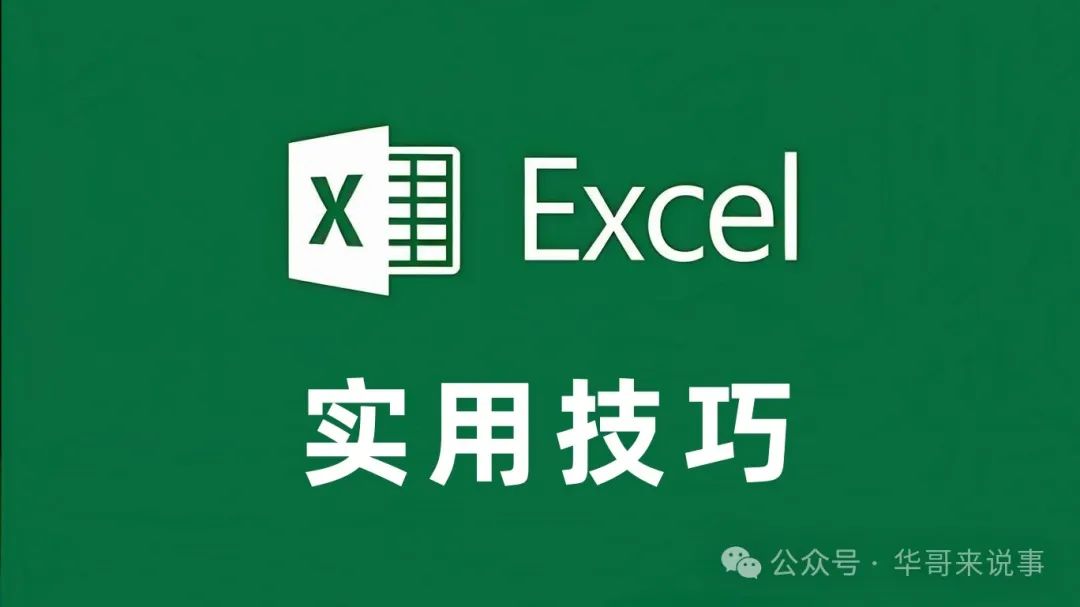Establishing An AI Ethics And Governance Network: Extending Connections With The International Community
Establishing An AI Ethics And Governance Network: Extending Connections With The International Community
People
People's Daily, Beijing, May 21st. Taihe Think Tank held a seminar on "Building China's Artificial Intelligence Ethics and Governance Network: Expanding Connections with the International Society" in Beijing on the 21st. Dozens of domestic and foreign artificial intelligence scholars, experts and industry insiders attended the meeting for exchanges and discussions.
In today's society, artificial intelligence is developing rapidly. When people enjoy the convenience brought by artificial intelligence and constantly seek to maximize the benefits of artificial intelligence, they are also facing problems such as ethics and supervision brought by artificial intelligence. Tosden Yerinik, director of the European Center of Taihe Think Tank, pointed out that artificial intelligence (AI) can bring welfare to society, and may also deviate from the preset track in the process of development, bringing risks and challenges on issues such as security and government governance. While AI facilitates people's daily life and promotes social development, it also arouses people's concerns about ethical and moral issues such as social integration and personal privacy under different civilizations. This requires global coordination and the establishment of new multilateralism to overcome the challenges brought by artificial intelligence.
Professor Meng Meiling of the Department of System Engineering and Engineering Management of the Chinese University of Hong Kong said that AI does bring some benefits to humans. The capabilities of big data, machine learning, etc. involved in AI exceed that of humans, and solves many problems of formulating and setting processes in advance. For example, AI speech recognition technology has been able to compete with humans and in some aspects can help people with language barriers communicate better.
Fei Lianghong, chief cloud computing technology consultant at Amazon AWS, believes that AI lacks transparency and algorithms may have prejudice, and humans must have the ability to regulate this. Just as Asimov proposed the three laws for robots in his early years, we can constrain machines and algorithms to fulfill the mission given by humans. We should grasp artificial intelligence at a macro level so that it can better serve human beings.
Professor Xue Lan, Dean of the Su Shimin Academy of Tsinghua University, said that in the field of artificial intelligence, ensuring regulations is the most important thing. In China, institutions such as the Artificial Intelligence Commission are to regulate issues such as artificial intelligence application and ethical governance. From a policy perspective, we need to establish a national R&D strategy for the development of artificial intelligence.
The seminar discussed the ethics and governance issues of artificial intelligence in China and even the international community, gathered top experts from all over the world, provided a communication platform for China's emerging artificial intelligence expert community, shared their research results in artificial intelligence ethics and governance, discussed the opportunities and challenges of artificial intelligence in China, and strived to reach a beneficial consensus. The meeting also discussed how the Chinese expert group systematically provides suggestions on the ethics and governance of artificial intelligence, and promotes the formation of relevant issues internationally. The possibility of establishing a National Committee on Artificial Intelligence Ethics and Governance to help more scholars actively participate in the future institutions of ICGAI and IGCC.





